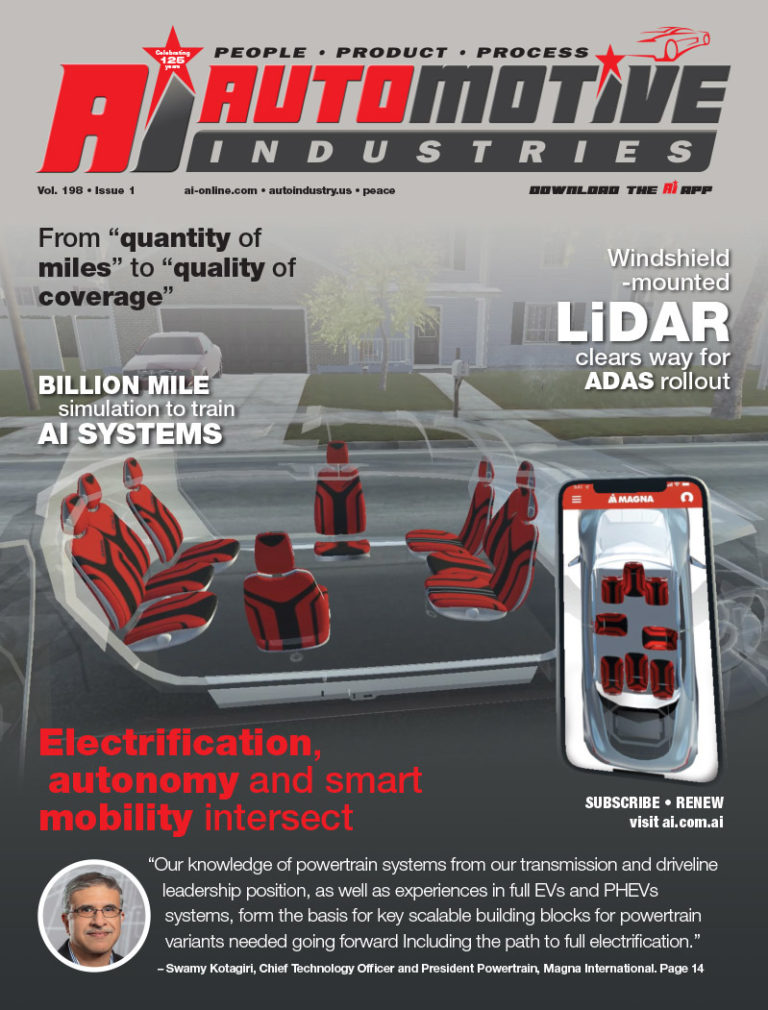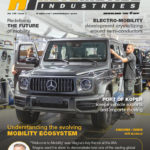 Recently UAW leadership cited free trade with China as the latest factor contributing to the three-decade long shrinkage in American automotive employment.
Recently UAW leadership cited free trade with China as the latest factor contributing to the three-decade long shrinkage in American automotive employment.
While the UAW is correct that China is fast becoming a major source of parts and components and eventually fully assembled cars, it’s hard to imagine that the Union could do anything to change the inevitable. Free trade is now a government mandate. Even though the present administration penalized the auto industry to protect the steel industry, Washington isn’t likely to be sympathetic to Detroit. If the UAW tried to protect jobs by forcing assemblers or suppliers to guarantee headcount, they will merely accelerate the decline of U.S. companies and potentially threaten their existence.
In the early 1980s the union argued that underpaid, exploited Japanese workers were taking away the jobs of American workers. The Union was correct that Japan had a labor cost advantage that penalized higher paid American jobs. But even in a politically more sympathetic climate that saw the enactment of import quotas, the job drain continued.
There was a great deal of hand wringing about how many vehicles people would be able to afford to buy as the country lost high paid manufacturing jobs. But that hasn’t materialized as Americans enjoyed the highest standard of living in history, partly through the availability of cheap, high-quality imported goods.
While the numbers of non-union automotive assembly workers in the United States has climbed, employment at General Motors, Ford and Chrysler and at many of their suppliers has been in a permanent downward spiral. The loss of more than 15 percentage points in market share since 1980 shifted work from Big 3 assembly plants to competitors based overseas or to North American transplant assembly plants. Matching Japanese productivity eliminated more jobs, as has outsourcing at both the Big Three and at suppliers who have moved their plants to Mexico or across the Pacific.
No one can seriously think that North American employment at General Motors, Ford and Chrysler will rise in the future as lower cost Asian rivals claim an ever increasing share of the domestic market.
Competition is pushing down the real prices of vehicles. Rapid product development cycles make it almost impossible for any assembler to claim a long-term product advantage from design, style or features. No company can count on the unit profits generated by the giant SUVs and huge pick up trucks to offset otherwise non-competitive costs.
With cost the only meaningful determinant of survival, the entire auto industry is on a relentless quest to lower costs. China offers auto assemblers and especially component producers hourly wages below $1.00 for skilled workers who are only too happy to accept those wages as the ticket to a middle class lifestyle. India, with its highly educated, low paid workforce has belatedly attracted automotive investment. In the short term, India might even be a more attractive country because it offers superior quality and worldclass research and development and engineering.
India is attracting investments by auto and auto parts makers that take advantage of the technical expertise in a nation where skilled workers speak English. Both of these countries will contribute to a loss not only of hourly jobs in the U.S. but also a shift of technical and engineering work outside of the U.S.
Globalization of the auto industry forces companies not just to invest abroad to develop new markets for their products, but more importantly to transfer more work offshore.
Automotive companies have learned first through outsourcing that they didn’t need to and couldn’t control most component technology.
Now they are learning that technology has improved logistics and supply lines so well that it doesn’t matter where almost anything is made, as long as the price is right.
Maryann Keller is a veteran auto industry analyst and author of the books “Rude Awakening: The Rise, Fall and Struggle to Recover at General Motors” and “Collision: GM, Toyota and Volkswagen and the Race to Own the 21st Century.”
- May 2003
- Maryann Keller
Globalization: An Inevitable Shift in Employment














































 Harbour
Harbour Cooled Ring Carrier Design For Direct Injection Diesel Pistons
Cooled Ring Carrier Design For Direct Injection Diesel Pistons


